 Every state has its own court system. State court systems are often very similar, but not the same. New Jersey’s court system has trial level courts. It also has two levels of appellate courts. This article briefly describes the state court system in New Jersey.
Every state has its own court system. State court systems are often very similar, but not the same. New Jersey’s court system has trial level courts. It also has two levels of appellate courts. This article briefly describes the state court system in New Jersey.
Trial Courts in New Jersey
There are several different kinds of trial courts in New Jersey. We have Tax Courts, Municipal Courts, and Superior Court. Tax Courts only hear cases about taxes. Municipal Courts make decisions about traffic violations and other minor offenses. Municipal Courts usually serve a very small area—a town or small group of towns. Sometimes criminal cases that start in Municipal Court transfer to Superior Court. Superior Courts hear all other trial level cases. There is a Superior Court in every county. They have three divisions: the Criminal Division, the Law Division, and the Chancery Division. The Criminal Division handles serious criminal cases.
Special Civil Part of Law Division
The Law Division has two main parts: Special Civil Part and a general part. The Special Civil Part has three subgroups: Small Claims, Special Civil, and Landlord/Tenant. Small Claims Court hears cases that involve $3,000 or less. For example, do you need to make $500 house repairs because somebody damaged your house? Bring your claim to Small Claims Court. Special Civil hears cases about claims of $15,000 or less. Finally, Landlord/Tenant Court handles cases between landlords and renters.
Law Division’s General Part
The Law Division’s general part hears cases when:
- the person who brought the case is asking for money damages AND
- the case does not fall into any of the categories handled by the other courts
An example of a case that can appear in the Law Division’s general part is an automobile accident that involves more than $15,000 in damages.
The Chancery Division
The Chancery Division has two main parts: the Family Part and General Equity. The Family Part makes decisions about:
- domestic violence
- custody
- visitation rights
- child support
- divorce
- alimony
The Courts of General Equity hear cases where the parties are not asking for money damages. For example, imagine you have a contract with somebody. That person does not want to do what the contract says. You can bring this case to the Court of General Equity.
Appellate Courts
New Jersey also has appellate courts. The official name is the Appellate Division. The Appellate Division hears appeals from trial level courts and administrative agencies like the Division of Child Protection and Permanency.
The Appellate Division has 32 judges. The judges have chambers all over the state. Usually a panel of three judges makes a decision. The Appellate Division makes decisions based on the record. Attorneys can present oral arguments. They cannot present new witnesses or evidence.
New Jersey Supreme Court
The highest appellate court is the New Jersey Supreme Court. It has seven judges or Justices. There is one Chief Justice and six Associate Justices. The Chief Justice has the same role as the other judges. He or she hears cases and writes opinions.
The Chief Justice also manages the state court system. He or she is in charge of committees that suggest changes to the court rules. The Chief Justice actively participates in improving the court system of New Jersey. The New Jersey Supreme Court hears appeals from the Appellate Division. Usually, the New Jersey Supreme Court decides to hear a case if:
- there are conflicting Appellate Division decisions or
- it involves an issue important to the public
The New Jersey Supreme Court makes decisions based on the record and oral argument. The Chief Justice and all six Associate Justices hear cases and make decisions. New Jersey Supreme Court judges have offices all over the state. They hear cases in Trenton.

 Every state has its own court system. State court systems are often very similar, but not the same. New Jersey’s court system has trial level courts. It also has two levels of appellate courts. This article briefly describes the state court system in New Jersey.
Every state has its own court system. State court systems are often very similar, but not the same. New Jersey’s court system has trial level courts. It also has two levels of appellate courts. This article briefly describes the state court system in New Jersey.
